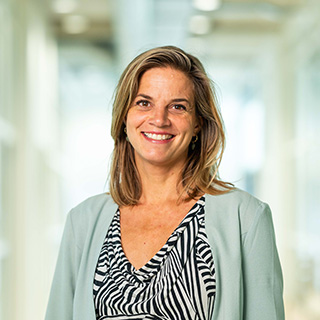Control systems
Learn how to design and choose control system components such as actuators, sensors, electronics, algorithms and software, so that your technical machine functions optimally. Modular: choose for 1, 2 or 5 days.
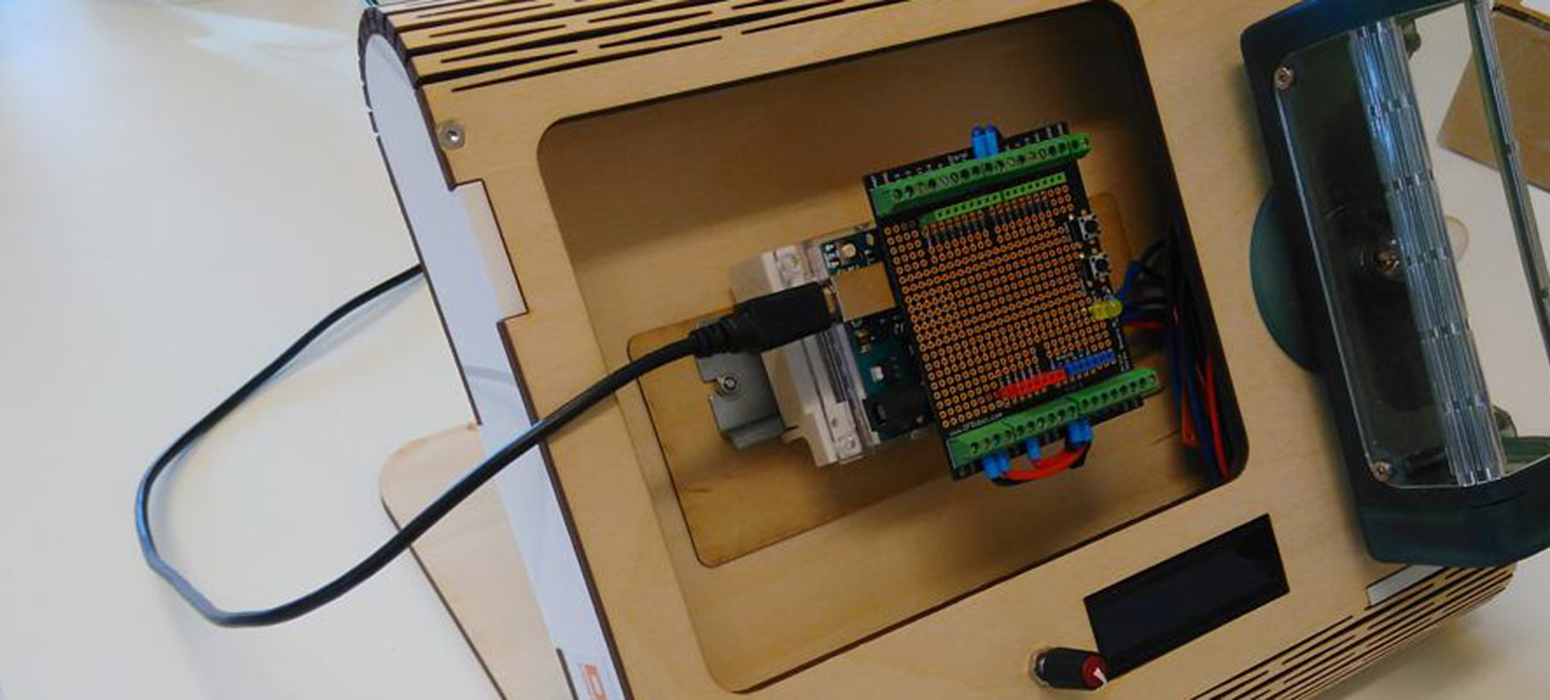
Understand control systems and how to apply them in practice
Control systems are a very important part of the use of technical machines. To understand them properly, an understanding of the complexity of control systems is required.
Control systems usually are the basis for automation. The PID algorithm is the most commonly used tool. But how do you choose the components of the control system in such a way that everything works properly? This question is not easy to answer, and if the components are chosen incorrectly, it has extremely unpleasant consequences. In practice, the automated system often appears to function below the original expectation. In the most extreme case, the automated system will not function at all. In this course you will learn how to answer this question in a systematic way.
After completing this course, you can immediately start improving your control systems, so that the machines in which control systems run, function better. With better machines you create added value in terms of quality, production speed and efficiency, energy savings and the environment. You also increase safety and reliability by preventing overload, malfunctions and accidents.
Enhancing the control system
During this course you will learn, in a hands-on manner:
- choosing the components in a control system
- understanding the properties of open loop and closed loop
- understanding and tuning the PID algorithm
- understanding the control system in the frequency domain
- how to apply advanced concepts, gain scheduling, filters, feedforward, master-slave, split-range and override control
During the course there are exercises on a test setup with PLC/Arduino and on simulation models. In addition, you can bring data from your own process and/or system to be controlled so that you can apply the above theory during the course to your own professional situation.
Modules
The course consists of modules. You can follow all modules as a whole or individual modules of your choice, depending on your knowledge needs.
– Module 1: Control Systems Basis
– Module 2: Mathematics for Control Systems
– Module 3: Advanced Control Systems
View the program and dates and locations for more information.
Intended for
The course is intended for professionals who wish to design a control system for any application, including motion systems, process, power systems, drones, wind turbines. The course is interesting for:
- embedded engineers
- process engineers
- systems engineers
- PLC Programmers (e.g. Siemens, Allen Bradley, Bachmann, Phoenix)
- DCS Programmers (e.g. DeltaV, Siemens, Yokogawa)
Would you like to take the course in English? Please contact the program manager to discuss the options.
Course leader
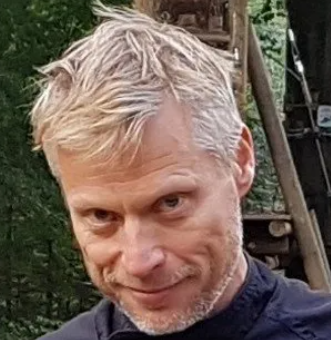
dr.ir. Jan Schuurmans PhD
“A course for both beginners and experienced professionals, with a theoretical part and a practical part, to train them in the latest techniques and methodologies in control-systems.”
This course is rated with an average of
Program manager
Why PAOTM
-
The latest post-academic knowledge and skills
-
Focused on questions that arise in a technical environment
-
Interactive and directly applicable in practice
-
Top teachers from science, research and business
Frequently asked questions
Program
- Welcome and registration
-
Control systems basis-day 1 morning
• Definitions required for control systems (like actuators, sensors, manipulated variables, open loop, closed loop)
• Systematic procedure for automating of units
• Systematic procedure for automating of complete complete systems/installations - Lunch
-
Control systems basis- day 1 afternoon
• Systematic procedure for automating of complete complete systems/installations
• Mathematical tool for linking manipulated variables to process variables
• Introduction to control system selection - Closing day 1- Module1
- Welcome and registration
-
Mathematics for control systems-morning day 1
• Modeling techniques (white box, black box, grey box)
• Linear vs. nonlinear models, linearization, superposition
• Laplace-transformation
• System identification * - Lunch
-
Mathematics for control systems- afternoon day 1
• Transfer functions, block diagrams
• Analysis of transfer functions in both the time domain and the frequency domain
• Stability, time constant, dead time, damping, resonance - Closing day 1-Module2
-
Mathematics for control systems- morning day 2
• Loop transfer function
• Bode diagram
• Gain margin and phase margin - Lunch
-
Mathematics for control systems-afternoon day 2
• Nyquist diagram
• Ideal loop transfer functions
• Filter types: low pass, high pass, notch
•Application to PID tuning and filter selection - Closing day 2 - Module2
-
Control systems basis - day 2 morning
• PID control
• PID transfer functions and implementations
• PID parameters and their effect * - Lunch
-
Control system basis- day 2 afternoon
• PID Tuning techniques: open loop methods *
• PID Tuning techniques: closed loop methods * - Closing day 2- Module1
- Welcome and registration
-
Advanced control systems and loop monitoring- morning
• Extending PID with filters
• Cascade control (Master-Slave)
• Feedforward *
• Decoupling
• Override control - Lunch
-
Advanced control systems and loop monitoring-afternoon
• Gain scheduling
• Split range
• Model Predictive Control
• Loop diagnosis and monitoring - Discussion and closing
Course leader

dr.ir. Jan Schuurmans PhD
“A course for both beginners and experienced professionals, with a theoretical part and a practical part, to train them in the latest techniques and methodologies in control-systems.”
This course is rated with an average of
Frequently asked questions
Dates and locations
Below you will find an overview of the available dates and locations. You can register immediately by clicking on the 'Register' button.
Program manager
Investment
- Price excludes 21% VAT
- Including coffee, tea, lunches and (digital) course material
Frequently asked questions
Program manager
In-company
Are several employees interested in the same course, do you want to enrich knowledge with the entire team or focus on your own practice? Then an in-company course could be interesting. We are happy to think along with you about the possibilities. PAOTM has extensive experience in organizing in-company courses in many technical fields for a wide range of companies. You can choose to have an existing course organized in-company for multiple employees. However, if you have a specific organizational or departmental issue, we can also design a unique course. For every customized request, we search our network at universities, knowledge institutes and the business community for the right teachers who can provide your team with the desired knowledge. We then put together a course based on your training needs, learning needs and organizational goals.
Curious about the possibilities? Contact one of our program managers or complete the form below. We are happy to make you a suitable offer.
FAQ's
In-company request
"*" geeft vereiste velden aan
Program manager
In-company courses of PAOTM are rated with an average of
Why In-company
-
A course tailored to your specific needs
-
Get started right away with your own cases
-
Led by top teachers with the most up-to-date knowledge
-
You choose where and when: always efficient
-
The entire team trained simultaneously
-
Customization possible in all our fields
Download the Study Guide
Would you like a complete overview of all our courses and trainings? Download the digital study guide!
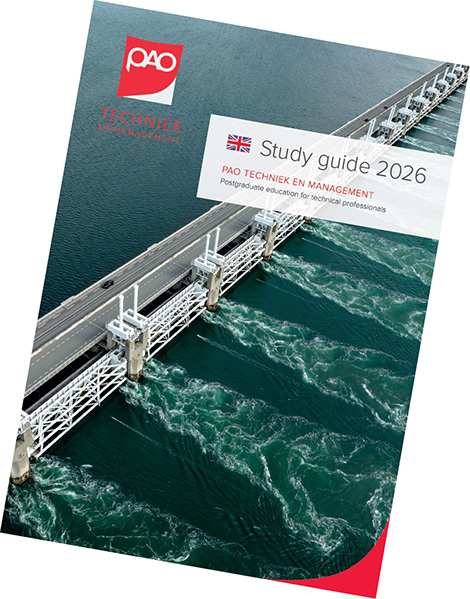

No start date available
No start date has been planned yet. Don't worry, you can register on our interest list. We will inform you immediately as soon as a new date is planned.
Our corporate partners
Subscribe for the newsletter
In our monthly newsletter we inform you by e-mail about courses, trainings, news and developments in the various fields of PAOTM. Select the topics of your interest!
Download the Study Guide
In addition to the course offerings, the Study Guide also contains the themes that we will further develop next year. Would you like a complete overview of our courses and training in your field(s)? Request the Study Guide and receive it digitally.

